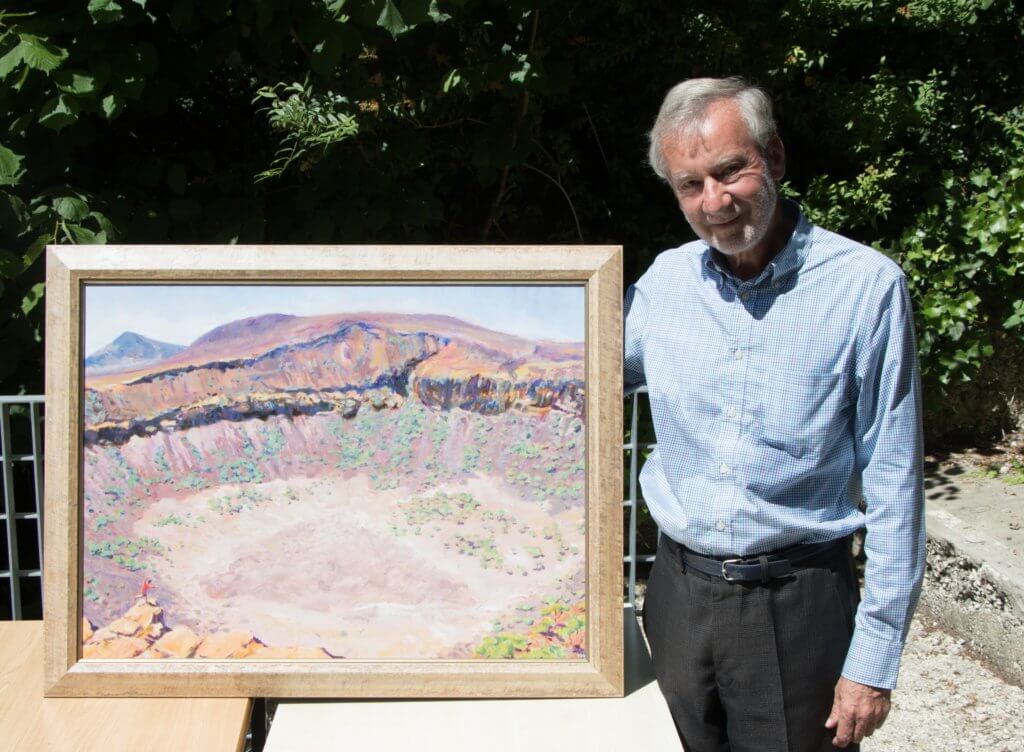
Leaving a legacy is one way of trying to ensure that, in a world of sudden, drastic and often unthinking change, continuity can be preserved for the benefit and security of future generations.
Two years ago I decided to pay a nostalgic visit to Petts Wood, where my family lived when I was a boy. I retraced my route from home to my old primary school; it was still there and, as I stood at the entrance, I clearly remembered the day 63 years previously when a very nervous small boy and his equally anxious mother passed through those gates for the first time.
I enjoyed my time there, as I did at my senior school and university. Each provided a stimulating environment which prepared me well for the next stage. I wrote, following my visit, to the current headmistress of my primary school saying that I was planning to send the school some money.
I would like to have been able to thank those teachers who taught me but, sadly, it was far too late to be able to do that. Instead, I felt that I could give a little support to the present generation of staff and pupils.
That is the nature of much of our giving; we are often not in a position to offer much at the time, but perhaps can do so retrospectively to help succeeding generations.
My mother spent her last two years in a nursing home, and I have to set quite a lot of money aside in case the same should happen to me. There is, therefore, a limited amount that I can give here and now. It occurred to me, though, that I could redraft my will (in my case I have allocated a percentage of my estate to each school) so that I could give something back to the institutions to which I owe so much – chief amongst them, of course, being Bradfield College.
It is important to realise that we are not giving to the school that we remember; it will have changed – as it must and should do. However, most certainly in the case of Bradfield, the essential ethos and core values have been retained and leaving a legacy is one way of trying to ensure that, in a world of sudden, drastic and often unthinking change, continuity can be preserved for the benefit and security of future generations.
None of us likes to think about our mortality – but it is necessary to do so and the thought of being able to do some good and help perpetuate something worthwhile may alleviate any discomfort inherent in the process.
I therefore commend the 1850 Society and its objectives to alumni and colleagues alike, and am both pleased and proud to have become a member.
Colin Burgess (SCR 72-18)


